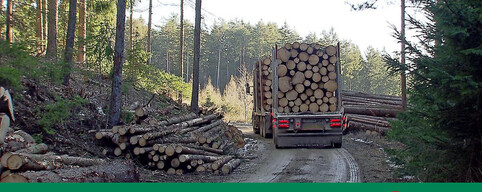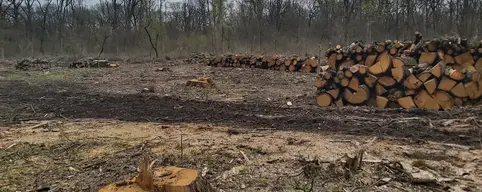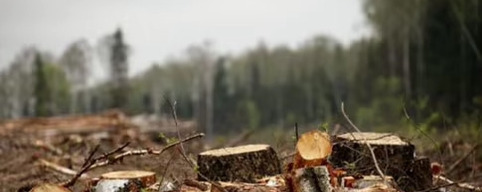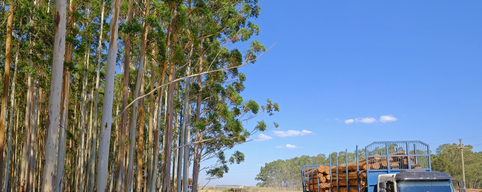

Rumors abound about a supposed ban on wood heating in the European Union in 2027. It is important to clarify that these rumors are unfounded and stem from misunderstandings surrounding legislative proposals that have since been withdrawn. Contrary to popular belief, there is no question of banning this ancient and popular form of heating in the near future, but rather of strengthening the standards for newly marketed appliances.
The origin of these rumors goes back to a bill proposed by the European Commission in early 2023. This text aimed to strengthen the Ecodesign standards for wood-burning heating appliances. However, this document was misinterpreted, giving rise to unjustified fears regarding a total ban on these appliances. In reality, the directive aimed to ensure that new equipment complies with stricter ecological criteria, without targeting existing devices.
The Ecodesign standards are essential to ensure that wood-burning appliances meet high standards of energy performance and pollutant emissions. These measures will reduce air pollution caused by outdated and inefficient heating devices, but they do not mean that consumers will have to abandon their current appliances. Households that are already equipped are not required to remove their heating systems, which provides security for current users while encouraging a gradual ecological transition over the long term.
As things currently stand, European consumers can continue to use their wood-burning heating appliances without fear of immediate legal repercussions. This information is crucial to dispel misunderstandings and re-establish the reality of the European Commission's proposals.
However, this clarification is necessary not only for users, but also for the economic actors in this sector. The confusion generated by media reports has raised a series of concerns about the economic implications of such legislative measures, particularly for manufacturers of wood-burning appliances who must prepare for new challenges.
Manufacturers will be required to adapt their production to meet the stricter standards once they come into force. This will likely involve investment in research and development to innovate compliant products while remaining competitive in the market. While this represents a challenge, it is also an opportunity for these companies to expand their product range with more environmentally friendly and efficient heating solutions.
In conclusion, it is essential that information is correctly relayed and interpreted to avoid unfounded panic. Consumers can rest assured that wood heating will continue to be a viable option in 2027 and beyond, with new high-performance appliances that comply with existing environmental standards. The market will have to adapt to growing ecological demands, thus stimulating innovation in the field of green technology.



